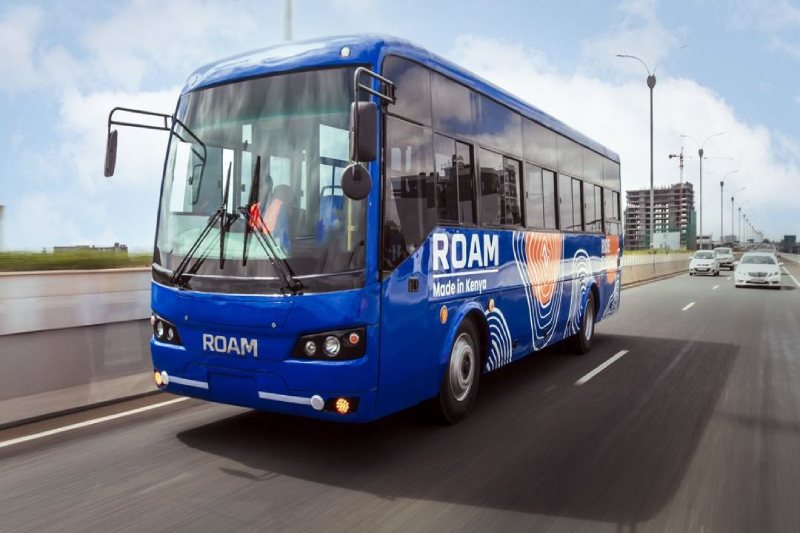
Kenyan EV Startup Roam Raises $24 Million to Expand Manufacturing
- Business
- February 14, 2024
The purpose of the $24 million equity and debt raised by Roam, an electric vehicle company based in Kenya, is to increase local manufacturing capabilities in Kenya, scale up production at its new 10,000 square meter Roam Park facility, invest in tooling and research for cost efficiencies, and simplify local and international supply chain networks.
Equator Africa led the $14 million Series A investment round, with participation from a number of well-known institutional and private investors, including At One Ventures, TES Ventures, Renew Capital, The World We Want, and One Small Planet. The International Development Finance Corporation supplied the $10 million loan facility (DFC).
The money is substantial and coincides with a global shift in focus toward electric vehicles as nations work to improve environmental safety. Estimates from the BloombergNEF indicate that EV sales would climb by 20% from the previous year to 16.7 million in 2024. The company Roam, which creates, develops, and distributes electric buses and motorcycles, claimed to have mitigated or captured more than 120,000 tonnes of carbon emissions. For investors like DFC in Roam, this is essentially the source of inspiration. The loan facility to Roam, according to James Polan, vice president of DFC’s Office of Development Credit, is in line with the company’s objectives for a cleaner future.
However, making the switch to electric vehicles is not inexpensive due to the high cost of batteries and the infrastructure needed for the deployment, which makes it highly expensive for individual owners. Nonetheless, the Kenyan government seems unfazed, having established a 5% goal for electric new cars by the end of 2025. By giving consumers in the nation more affordable options, Roam and its competitor BasiGo are leading the charge to ensure that the goal is met.
In the nation of East Africa, Roam gives users the choice of flexible payment plans and battery ownership. This increases the range and drastically lowers operating costs by enabling consumers to charge their batteries using a regular household outlet.
“As Africa embraces the move toward electric vehicle technology, we are proud of our impact on the environment and livelihoods across Kenya and the wider continent. This funding is a critical step for Roam to achieve our strategic objectives in scaling up and increasing utility to our customers,” said Rajal Upadhyaya, chief financial officer of Roam.
In keeping with the growth, Roam plans to install Roam Hub locations to enhance the usefulness of its motorcycles for riders. These are some open-architecture charging stations for electric motorcycles that provide a variety of post-purchase services, such as the ability to rent batteries for an adjustable length of time.
“At Equator, we are committed to building a future with efficient, accessible, and sustainable mobility. Roam’s innovative electric mobility platform is at the forefront of this transformation, and we are proud to provide catalytic funding that will enable Roam to build a cleaner, more equitable future for African cities,” said Nijhad Jamal, partner at Equator.